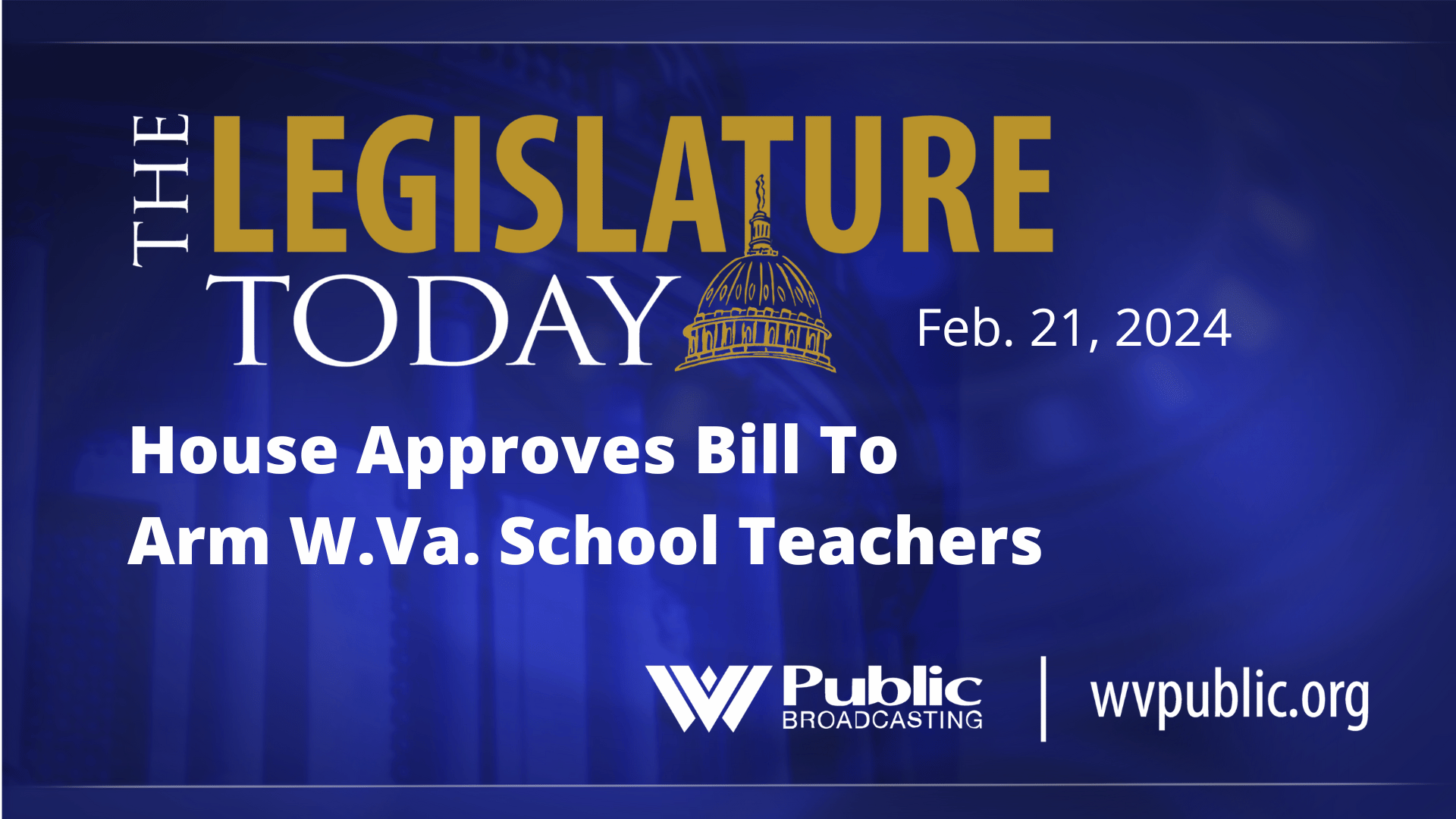Proponents say this law strengthens Second Amendment protections in West Virginia. But SB10 comes with many questions about implementation and concerns about the limitations on the new self-defense safeguards coming into place.
Gov. Jim Justice signed Senate Bill 10, The Campus Self-Defense Act, into law on Wednesday.
The new law authorizes the carrying of concealed pistols or revolvers under certain circumstances and in certain areas on the grounds of an institution of higher education. It prohibits firearms in numerous campus settings including stadiums, on-campus daycare, individual office settings, disciplinary hearings, and dormitory rooms, with concealed carry allowed in dorm public rooms like study halls and lounges
Proponents say this law strengthens Second Amendment protections in West Virginia. But SB10 comes with many questions about implementation and concerns about the limitations on the new self-defense safeguards coming into place.
National Rifle Association State Legislative Action Director Art Thomm was the bill signing event host, delivering a very pointed introduction.
“This is a big day not only for West Virginians, but for law-abiding gun owners across the country who may choose West Virginia for employment or higher education,” Thomm said. “Threats to personal safety don’t disappear once you step on campus. Criminals do not abide by gun free zones. We have the most pro-gun governor West Virginia has seen in a very long time.”
West Virginia Citizens Defense league members also packed the room. The governor told them he hoped this would not be the only answer to solving the campus shooting crisis.
“But absolutely, without a question when that situation happens, if we have gun-free areas, to where there’s no way we can defend ourselves, then it seems like those are the targets that are targeted many, many, many times,” Justice said.
Two of the 88 republicans in the House voted against Senate Bill 10, Speaker Roger Hanshaw and Del. Erikka Storch, R-Ohio. Storch said she made her decision by listening to her constituents and her family.
“I have a 25, 23 and 17 year old and like I said, it was really outreach from my constituents. Nobody really thought it was going to do anything to advance the state,” Storch said. “I don’t think people are looking at West Virginia for their higher education opportunities on the basis of if they can bring guns, if they can’t bring guns, it just seems unnecessary. And we’re just, I don’t want to say necessarily catering to the gun lobby but that was another issue that they wanted to get across the finish line.”
Following the signing, West Virginia University President Gordon Gee, one of many state campus leaders opposed to campus carry, said in a statement he will create a new Campus Safety Group which will make recommendations relating to overall campus safety.
“I know this legislation leaves many feeling uncomfortable and brings forward many questions. Some may be unsure of their safety and well-being. Others may feel relief. We all have several questions as to how this will be implemented on our campuses,” Gee said in the statement. “We have opposed this type of legislation many times in recent years, firmly believing that local control is the best path forward. We reiterated this to lawmakers on multiple occasions again this year. However, now that this bill has been signed into law, we must come together as a community and work through the implications as it relates to the overall safety of our campuses.”
Del. Sean Hornbuckle, D-Cabell, said there will be a need to increase monitoring and counseling on campuses, given concerns over mounting student mental health and suicide issues.
“They’re going to have to figure out ways and get resources which they might have to come to us for, for mental health,” Hornbuckle said. “Making sure that we are protecting each and every student, and we’re addressing things before they ever get to a tragic standpoint.”
Testimony in committee and on the House floor noted it would cost WVU about $300,000 to fund campus carry security requirements even more for smaller colleges and universities. Storch said there was no funding in the bill.
“We’re not increasing their budget line items to give them any more money to deal with, to keep out of the safe places where guns aren’t permitted, to come up with the devices for them to secure them in their dorm rooms,” Storch said.
Just before putting pen to paper, Justice said the Campus Self-Defense Act evens a potentially deadly playing field.
“Does anybody here not think that has a brain in your head, that just because we don’t have this campus carry, that people can’t bring guns on our campuses,” Justice said. “I mean, for crying out loud, the doors are wide open. This is just saying the law-abiding people have a right to be able to carry if they choose to do so.”
West Virginia joins 11 states in allowing campus carry. The law goes into effect on July 1, 2024.
